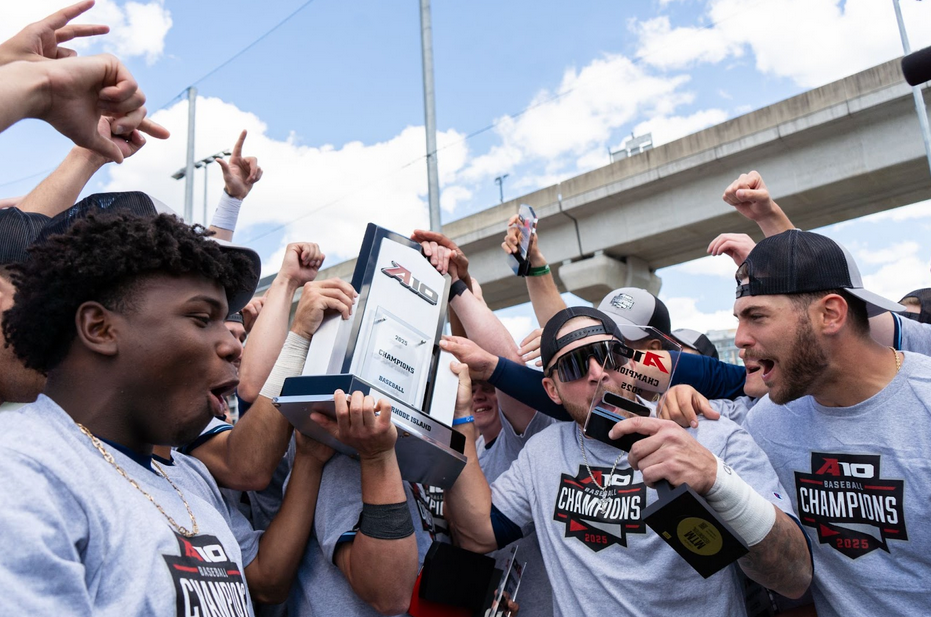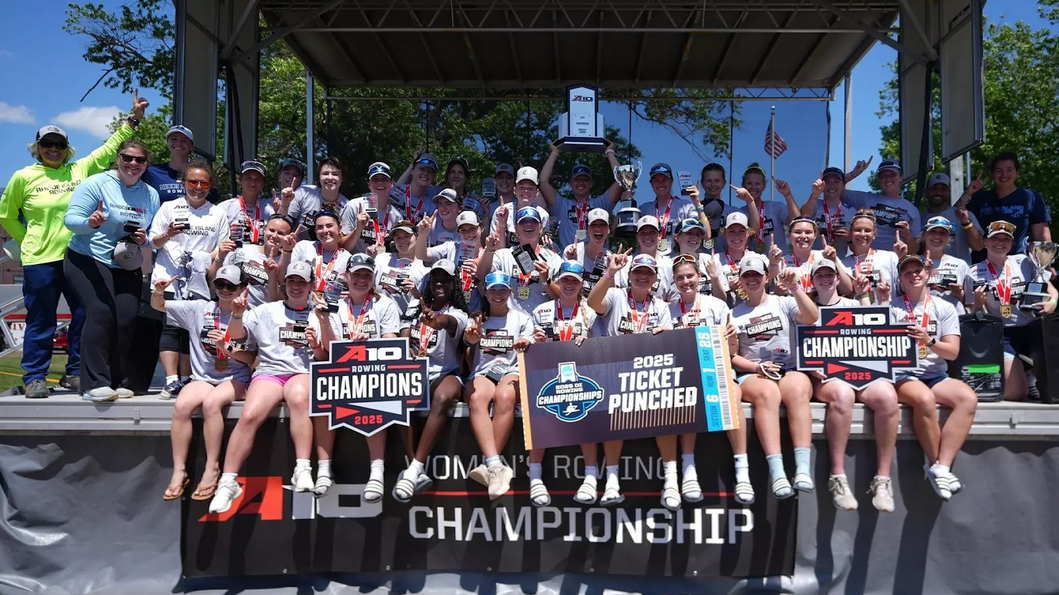The end of one’s career inevitably leads to questions of their legacy and their place in sports lore. It is common to get caught up with a player’s statistics and their Hall-of-Fame credentials, but when analyzing the career of an icon is it is important to remember why it is sports has become an integral part of the lives for so many people. It transcends the happenings on the field. Talent alone is not enough to craft a lasting legacy, as a player must also possess the ability to evoke the adrenaline and emotion that is needed to form a lifelong, indescribable bond between player and fan base.
David Ortiz is one of the few athletes in recent memory who was simply bigger than the game he played for a decade and a half. There will be debates over whether or not he cheated, if a designated hitter should be inducted in Cooperstown and if he is in fact the greatest to ever don a Red Sox uniform. But that is not the impact Big Papi will leave behind for myself, as his retirement represents not just the departure of one of Boston’s greatest sports figures, but also the end of what I will look back as one of baseball’s greatest eras.
Ortiz’s prolific career ended unceremoniously, with a whimper as the slugger batted a measly .111 en route to being swept by the Cleveland Indians. The result will be forgotten when one reminisces about all of the moments of ecstasy his clutch bat induced in his thirteen seasons in Boston. Perhaps most important to note is that while the 541 career home runs, 1,768 RBIs and 632 doubles are impressive, the heart of his greatness may have been the era in which he played.
Big Papi took part in what I consider the greatest rivalry in sports, a time where it was not just about who won the game, but also who won the fight. The hatred that existed between the New York Yankees and the Boston red Sox oozed through the television screen whenever the two American League East foes did battle. You knew you would be pressed for sleep on a 7 p.m. start time, but the direness surrounding what are-now just meaningless mid-June games made it worth it.
The rivalry presented Ortiz the opportunity to solidify himself as one of Boston’s greatest folk heroes and he did not disappoint. The greats need an extra something special to gravitate their careers past revered and into immortalization territory. Ken Griffey Jr. and Ted Williams are two of the best to ever swing a bat, and are undeniably better than Ortiz, but they lacked that spark that would have given them the love and gratitude of not just their fans, but those of the entire league.
The year 2004, and frankly all of the ugliness and heartbreak that proceeded it- Aaron Boone and Bucky Dent, also known as mediocrity personified, Bill Buckner, etc.- will forever be morphed into my memory when remembering No. 34. It was the first of many big-game triumphs, but it was mainly the moment the perception of the franchise changed. The Yankees had an air of professionalism, invincibility, and smugness that would make any 10-year-old kid sick. I, like many Red Sox fans feared them. It was not just swift back-and-forth bobbing of Gary Sheffield that made me wince, but the fact that, as Pedro Martinez put it, “The Yankees were their daddy.” It was difficult to even call it a rivalry when comparing the measurements of the trophy cases.
Ortiz’s walk-off home run against Mariano Rivera in the ninth inning of a must-win Game 4 was the first step in alleviating the genuine trepidation the Bronx Bombers instilled in me. The subsequent comeback was a result of the most remarkable team comebacks in baseball history, but it all started with Ortiz.
The next couple years saw the two franchises entrenched in a war that permeated throughout both cities. The intensity reached a boil. And then it cooled. Perhaps it was due to the oversaturation of Sunday night games, the insistence of ESPN that every time the Yankees play the Red Sox it is going to be epic, or probably more likely the absence of transcendent players like Derek Jeter and Manny Ramirez. Whatever the reason may be, the pure hatred the fans of felt toward one another is no longer present, as evident by the over-the-top applause I witnessed Jeter receive first hand at Fenway Park. Respect is one thing, but there is longer an edge, and as a result I find my interest in the game as a whole diminishing. Ortiz captured something many of baseball’s best did not, a moment that makes a whole city remember where they were when Ortiz extended the life what was supposed to be a dead-on-arrival Red Sox team. He helped alter a culture that was buried in humiliating defeats, and transformed Boston into a title town.
Ortiz was a major factor in pulling me into the depths of sports to the point that I now wish to make it my career. If he did not hit that home run off of Rivera, I would be without my fondest memory as a fan, and an event that went a long way in making sports my passion. I am not sure if I would have the ambition or the ability to romanticize about teams or players if not for the ripple effect David Ortiz triggered on that night or rather morning in October. So thank you Big Papi and farewell.



